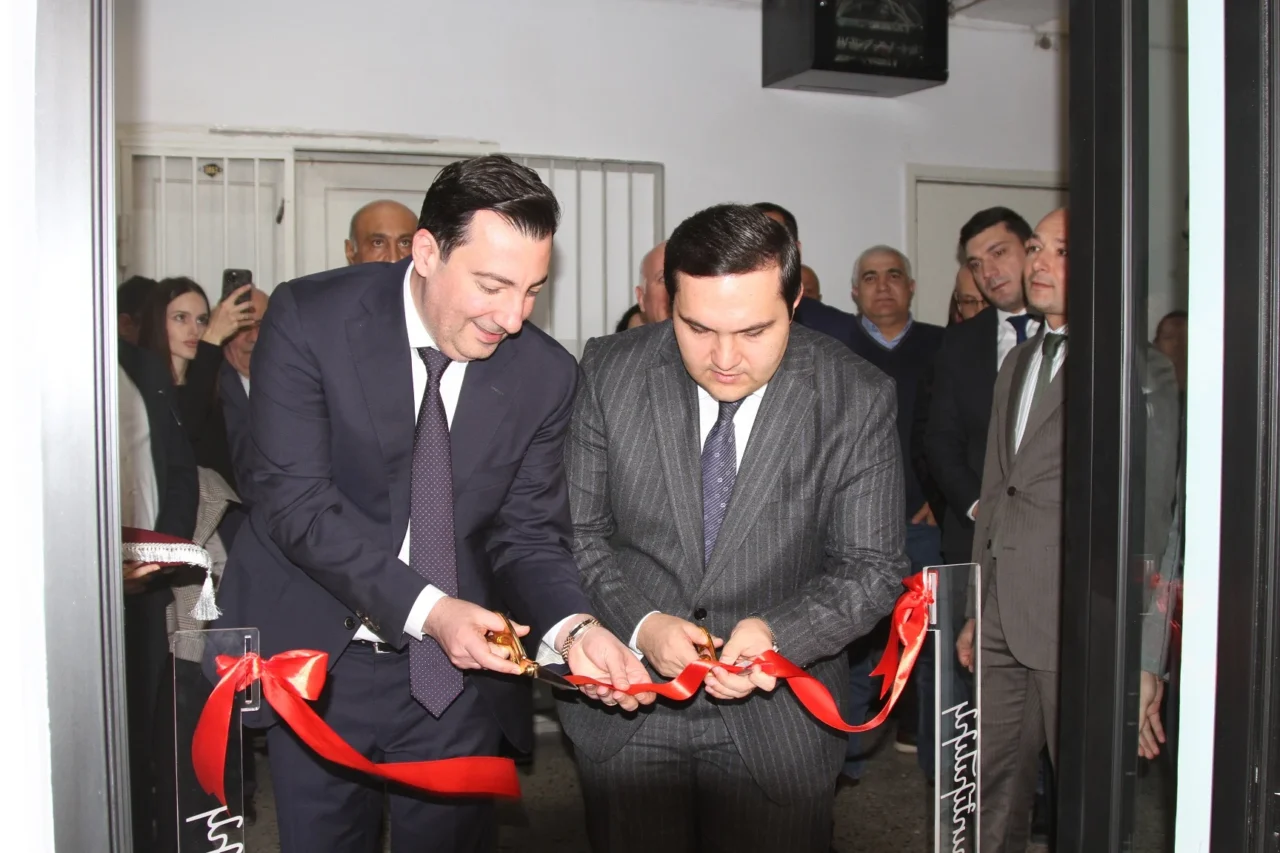
With the support of Viva, a telecommunications laboratory with a mobile network microinfrastructure has been established at the Polytechnic University
Viva has established an educational laboratory at the National Polytechnic University of Armenia, where a mobile network microinfrastructure has been created with a real possibility of providing mobile communication services. The laboratory operates under the /Department of Radio Equipment and Communication Systems, Faculty of Radio Engineering and Communication Systems/Department of Communication and Telecommunications, to familiarize students with the basics of modern telecommunications technologies in practical conditions. The instructor is Nina Davtyan – an employee of the Viva’s Technical Department, a postgraduate student of the department.
The educational laboratory has accurately reproduced the mobile communication infrastructure with all its components/nodes/; it is equipped with two main stations operating in the frequency range of different generations of communication, fiber-optic and microwave communication ensuring their connection, an alternating source of power supply from the electrical distribution network, and a constant source of energy supplied through special batteries. The laboratory also includes mobile phones that are registered in the internal network and have the ability to make voice calls, use Internet access and provide digital services. In addition, in the laboratory students can test the VoLTE (Voice over LTE) technology, which in Armenia is available exclusively to Viva subscribers and provides high-quality communication. In other words, an independent communication mini-operator operates in the territory of the educational laboratory.
The laboratory has been completely renovated and furnished: the heating system has been modernized, the lighting system has been updated, interior decoration works have been carried out, computers have been provided and the necessary technical infrastructure has been provided.
“Higher professional education should be practical and provide the student with comprehensive and up-to-date knowledge in preferred field. In technologically leading countries, professional departments cooperate with companies, combining theory, fundamental science and practical skills, ensuring a smooth transition from studying to practice.
This idea is the basis of the initiative to create an educational laboratory. The regulatory body for the sector, the PSRC, the Polytechnic University and the leading operator in Armenia, Viva, are cooperating in developing an education model where academic knowledge is closely linked to the real production environment, the experience of companies and market demand. We welcome the shared vision and cooperation between the regulatory body, the private sector and the higher education system within the framework of the state policy in the field of higher education. In addition to the above, Viva has a strong connection with the Polytechnic University, as some of the Company’s employees are graduates of the Polytechnic University, some of which also teach,” Viva’s General Director Armen Avetisian noted.
“Today, a very important event is taking place at our university: we are opening another professional laboratory, which conveys two key messages. The first message is that this is a laboratory rich in content and equipped at a high level. We have furnished a classroom that is small in physical size but large in substance. Too often, the opposite happens—large spaces are equipped with zero content. Today, the focus is entirely on substance: a laboratory equipped with technologically innovative devices, where students can receive practical education and become qualified engineers specifically for the telecommunications and radio communication sectors. Engineers who will be ready to work from their very first day, rather than starting to think about learning only after entering the workplace. The second key message relates to institutional cooperation: state – private company – educational institution. In essence, this important decision, approach, and support by the Public Services Regulatory Commission created the opportunity for Viva and the Polytechnic University to deepen their collaboration through educational, research, and professional activities. I am very pleased to see this support from the Public Services Regulatory Commission and Viva in our university. I can confidently state that the technologically innovative equipment installed here, which will be used to educate current and future students, will enable us to implement meaningful reforms in our academic and course curricula. Very often, when we speak about the quality of education, we say that curricula and course programs must change. But as a result of what? Based on which infrastructure? Today, we can affirm that the Polytechnic has a new laboratory, and through its resources and capabilities, we can implement substantive educational reforms”, – the President of the National Polytechnic University of Armenia noted.
